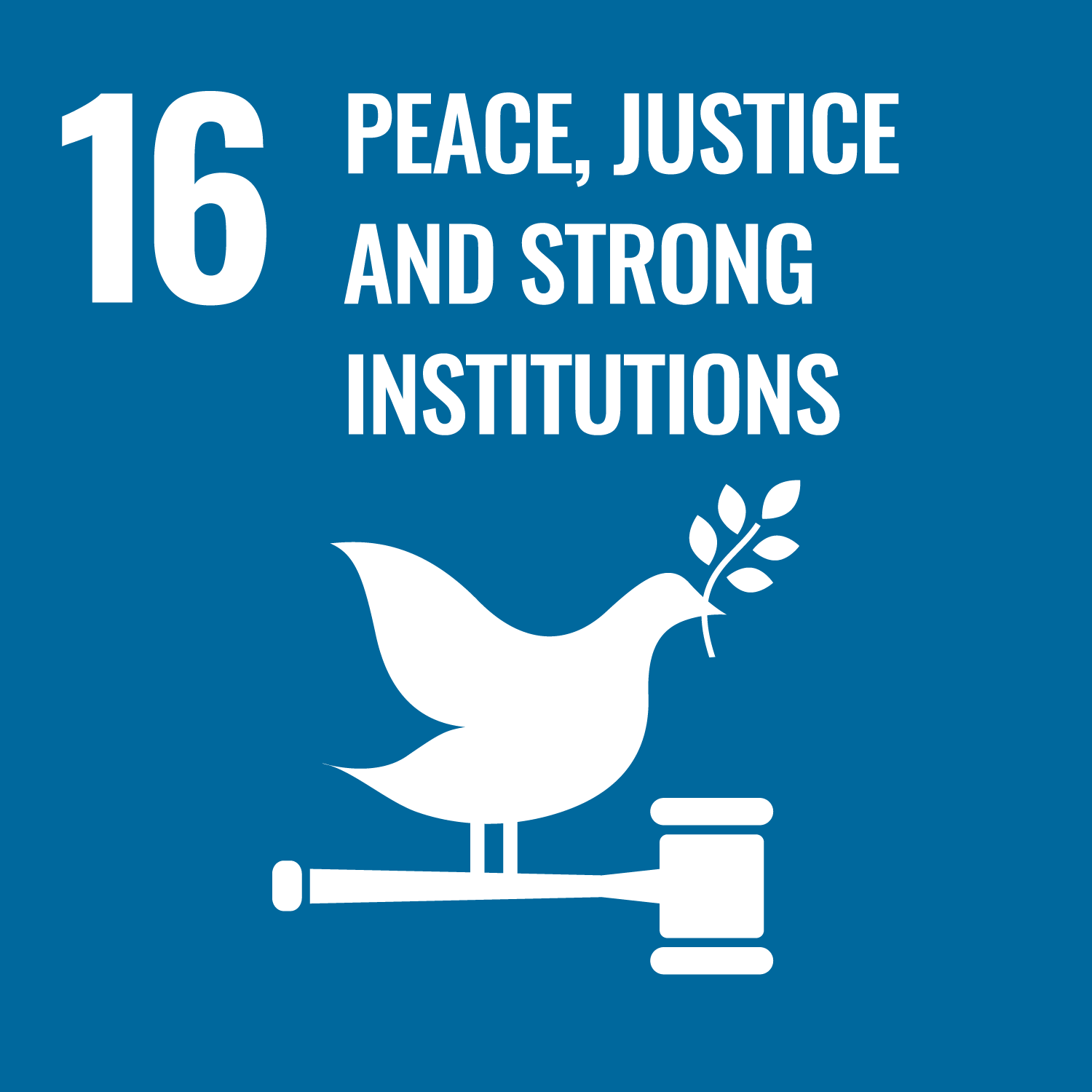This academic article examines how calls for LGBT rights have been received in societies influenced by Confucianism, particularly Taiwan, Singapore and Hong Kong. The author offers a queer approach to human rights. In this vein the author argues that international human rights, when read from a legal positivist perspective, institutionalise a binary and hierarchical notion of sex and gender, even when they intend to equalise the power relation between the binaries. The article then turns to address the debate between universalism and cultural relativism with regard to human rights in countries influenced by Confucianism in Asia. The author argues that that there is nothing inherent in the Confucian ethical system that rejects same-sex sexual behaviour between men and further argues that fundamentalist Christian values have been appropriated and rewritten as ‘Asian values’ in order to promote homophobic laws in some states across Asia.
The article outlines key developments in international human rights, in particular in relation to LGBT rights, and emphasises the significance of the protection that such rights afford to marginalised social groups. The developments of anti-discrimination laws and policies in Taiwan that have benefitted LGBT individuals and organisations are then highlighted. The protection of LGBT rights in Taiwan is compared with the social and legal context in Singapore and Hong Kong. The different contextual factors in Singapore and Hong Kong that make the protection of LGBT rights less likely than in Taiwan are discussed.
The author considers the influence of fundamentalist Christian and Muslim populations in Singapore and political ties between Hong Kong and China as core reasons why LGBT rights have been limited in these states. The article critiques a cultural relativist approach to international human rights but argues that each state has a distinct path towards the social and legal acceptance of changing norms in relation to LGBT rights.








